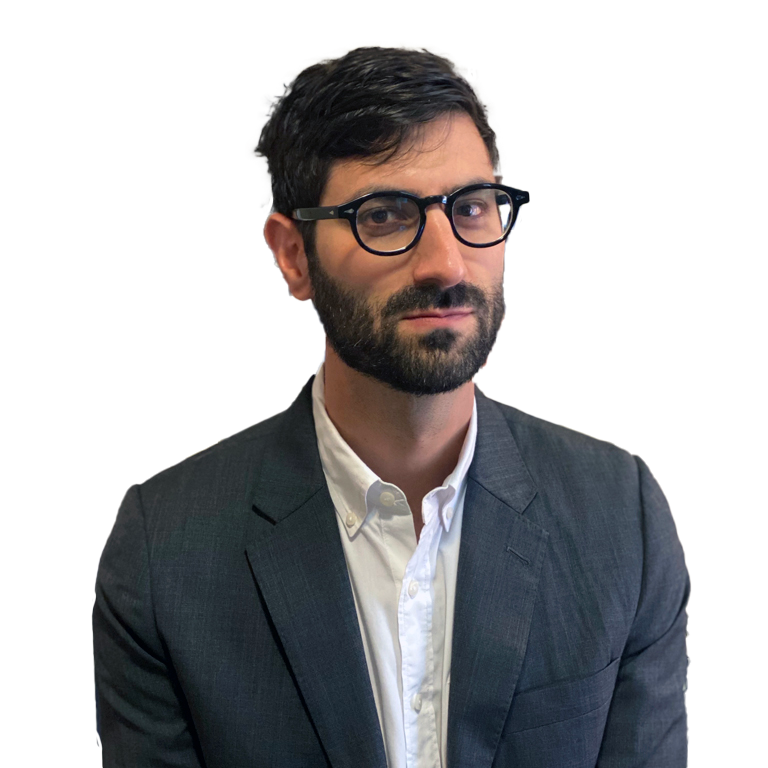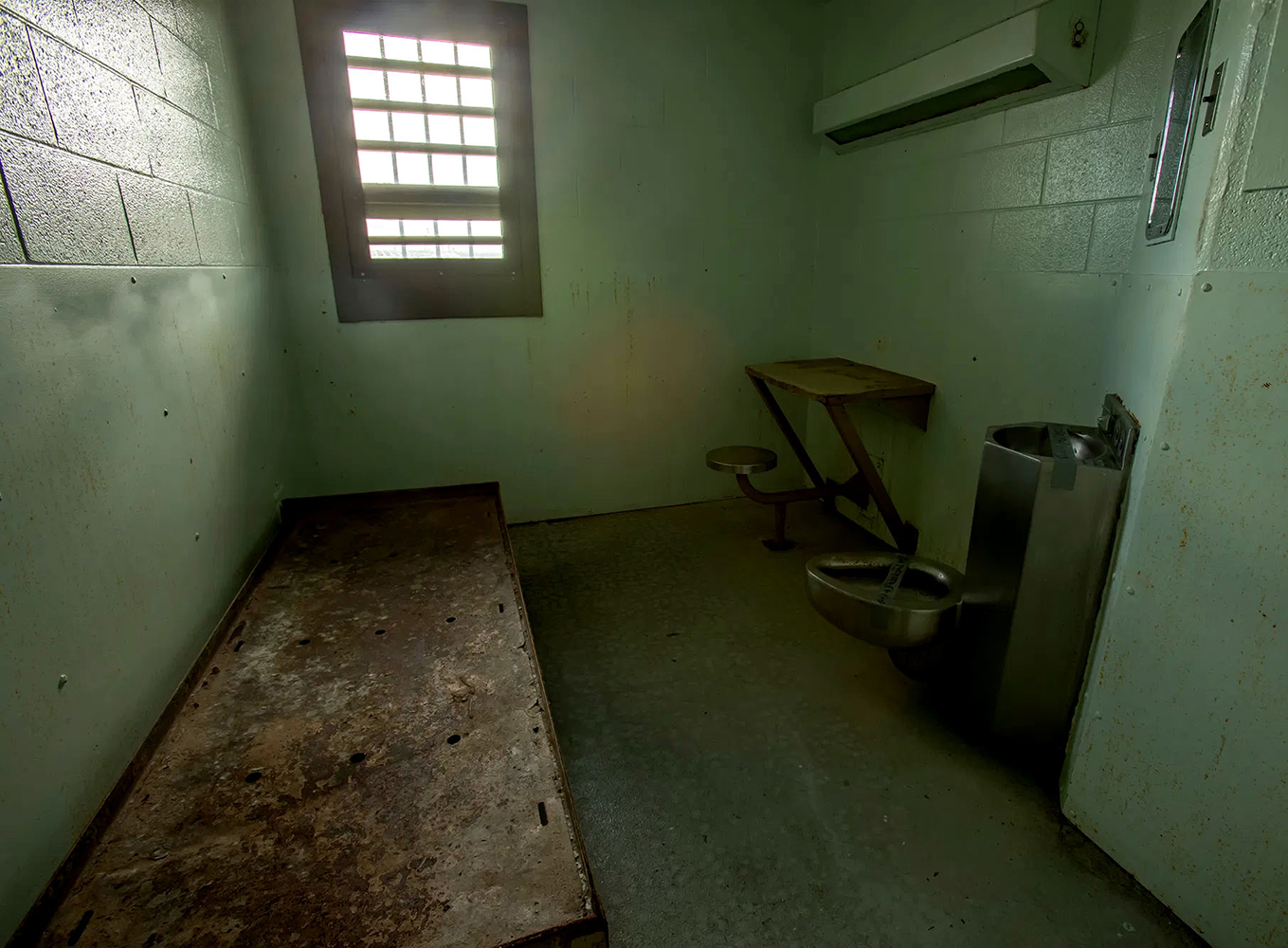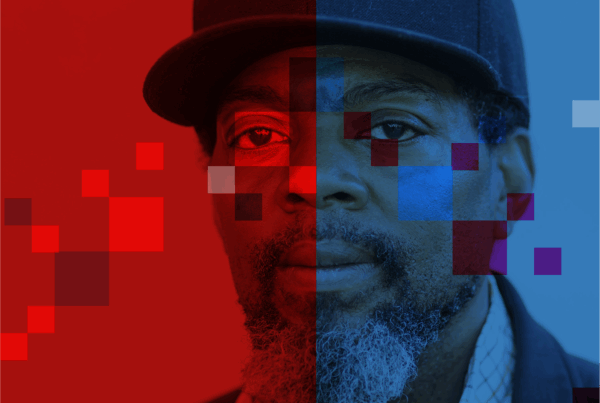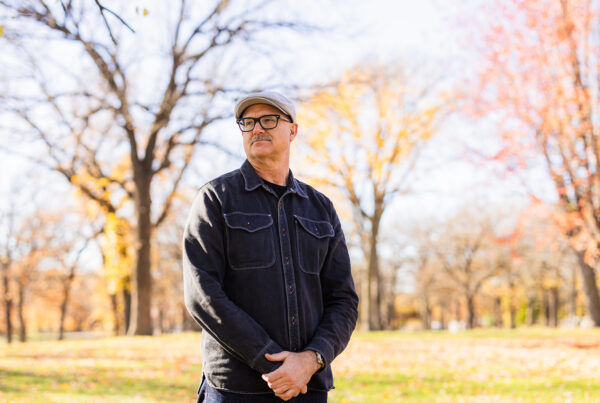Mental illness affects over 59 million adults in the United States – more than one in five. Yet, far too often, people experiencing mental health challenges become ensnared in the criminal justice system, instead of receiving vital support. At The Bail Project, we witness this crisis daily.
This Mental Health Awareness Month, we are spotlighting the dire situation faced by people with mental illness in the pretrial system and advocating for smarter, safer, more just solutions.
People With Mental Illness Are More Likely To Be Incarcerated Than Hospitalized
The criminalization of mental illness fills our jails with those who don’t belong there. 44% of people in local jails have a history of mental illness – over two million annually. They end up there due to untreated conditions; once inside, their conditions worsen dramatically without access to care and support.
Cash bail exacerbates this problem. Since over a third of people with a serious mental illness earn less than $10,000, even small bail amounts are insurmountable, leading to prolonged, unjust, and unnecessary detention.
People with mental illness deserve care, not cages. Shockingly, they are 10 times more likely to be incarcerated than hospitalized. Many are jailed not for serious crimes, but due to responses to untreated conditions – confusion, erratic behavior, or public disturbances interpreted as criminal.
Decades of underfunded mental health care have created a system where 911 calls from distressed families often lead to a police response, despite their lack of expertise in deescalation and crisis intervention. Treating illness as a crime inevitably leads to incarceration.
Most people with mental health conditions are not violent. Only 3% to 5% of violent acts are linked to serious mental illness. In reality, they are far more likely to be hurt themselves than to hurt anyone else. People with serious mental illness are over 11 times more likely to be victims of violent crime than the general population.
America’s Three Largest Mental Health Facilities Are Jails
Jail is not a place for healing. Overcrowding, understaffing, and lack of specialized training mean people with mental illness rarely receive adequate treatment behind bars. Only 38% of these individuals receive prescription medication while incarcerated, and even fewer receive counseling or both.
In fact, jail worsens mental illness. Isolation, loss of control, exposure to violence, and the trauma of solitary confinement can cause conditions to deteriorate, sometimes leading to self-harm or death. Suicide is a leading cause of death in jails, often occurring within days of admission. Additionally, incarceration can lead to loss of healthcare and benefits, hindering access to care post-release.
Tragically, jails have become our nation’s de facto mental health facilities. Today, the United States’ three largest mental health facilities are Rikers Island in New York City, Twin Towers Jail in Los Angeles, and Cook County Jail in Chicago.
The Bail Project Knows There Is A Better Way – Because We’ve Seen It
Healing is possible when people receive the help they need. At The Bail Project, we’ve seen firsthand how clients like Leah, Jaylen, and Robby find stability through compassion and community-based medical support, not jail cells. Our Community Release with Support model extends beyond free bail assistance: we connect clients to voluntary services, including mental health treatment.
Our approach works, and it saves taxpayer dollars. In some areas, it costs $31,000 annually to incarcerate someone but only $10,000 for community-based care. Every dollar spent on jailing someone is a dollar not invested in preventative programs.
This Mental Health Awareness Month, we’re calling for a reimagined pretrial system rooted in care, not punishment. We must ensure:
- No one is jailed simply due to inability to pay bail or struggles with mental illness;
- Everyone has access to community-based mental health care centers; and
- All people who need it receive treatment during and after incarceration.
These common-sense solutions can break harmful cycles for people with mental illness, address the root causes of crime, and help foster healthy lives.
Image: “Solitary Cell at Rikers” by Felton Davis is licensed under CC BY 2.0.
Thank you for your valuable attention. The urgency and complication of the cash bail crisis requires meaningful participation to create real change – change that is only achieved through the support of readers like you. Please consider sharing this piece with your networks and donating what you can today to sustain our vital work.












